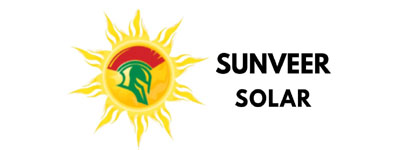US May Impose Duties on Indian Aluminum Extrusions Used in Solar Mounting and Trackers
The U.S. Department of Commerce has announced a preliminary determination that aluminum extrusions from India, used in racking, trackers, and mounting frames for solar panels, are being sold in the U.S. at unfairly low prices, allowing them to be subject to anti-dumping duties.
Producers and exporters of aluminum extrusions from China, Colombia, Ecuador, Indonesia, Italy, Korea, Malaysia, Mexico, Taiwan, Thailand, Turkey, the United Arab Emirates, and Vietnam are also under the scanner.
The period of investigation was October 1, 2022, through September 30, 2023. The preliminary determinations follow the initiation of the anti-dumping duty investigations on October 31, 2023, based on petitions filed by U.S. aluminum extruders alleging the dumping of aluminum extrusion imports.
The Commerce Department assigned a preliminary dumping margin of 3.44% to Maan Aluminium, Alom Extrusions, and Hindalco Industries while assigning higher margins of 39.05% to Aluka Extrusions, Banco Aluminium, Bhoruka Aluminium, Century Extrusions, Jindal Aluminium, KMV Aluminium, Mittal Extrusions, Sudal Industries and Superfine Group of Industries based on adverse facts available.
An estimated weighted average dumping margin of 3.44% was calculated for all other Indian producers.
These determinations, however, are preliminary, and the Department will keep gathering information and welcoming comments from relevant parties as the investigation progresses.
The U.S. International Trade Commission will make the final determination of injury to the domestic industry if the final Commerce determinations are affirmative.
The Commerce Department also said nine potential exporters of aluminum extrusions from India did not respond to its quantity and value questionnaire.
As a result, it instructed U.S. Customs and Border Protection to collect cash deposits equal to the assigned dumping margins on future imports of aluminum extrusions from India and suspend liquidation of imports of aluminum extrusions already in the country.
Last month, the U.S. also entertained petitions from domestic manufacturers to impose anti-dumping and countervailing duties on solar module imports from Southeast Asian countries like Malaysia, Vietnam, Thailand, and Cambodia.
Last year, India’s Ministry of Commerce announced an anti-dumping investigation by the Directorate General of Trade Remedies into the imported aluminum solar module frames from China.
Go to Source
Author:
